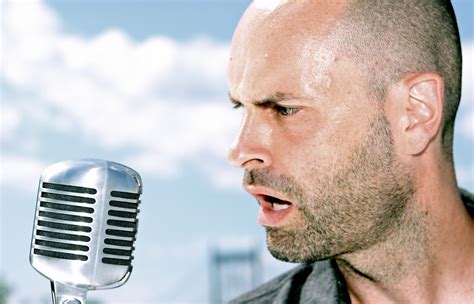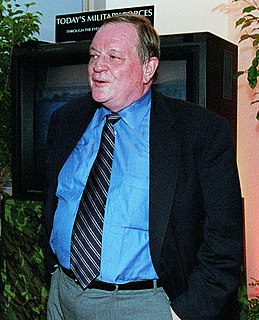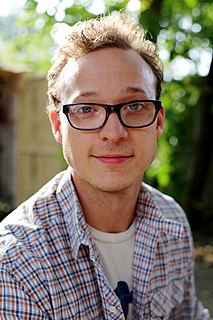A Quote by Thomas Middleditch
Chicago was where I realized that improv is its own thing, its own art form. And through that, you kind of develop a work ethic of not selling it short.
Related Quotes
Through our own creative experience we came to know that the real tradition in art is not housed only in museums and art galleries and in great works of art; it is innate in us and can be galvanized into activity by the power of creative endeavour in our own day, and in our own country, by our own creative individuals in the arts.
The reason I make art is because I get to make a choice about who I am, what I do, and what I put out into the world, the footsteps I leave behind. It's a cliché for a reason - we all kind of work our own paths through the woods. There are not a lot of paths through the woods for someone who sings, plays the cello, and wants to tour on a human scale and create change in the world. I'm on my own path. It's pretty awesome.




































